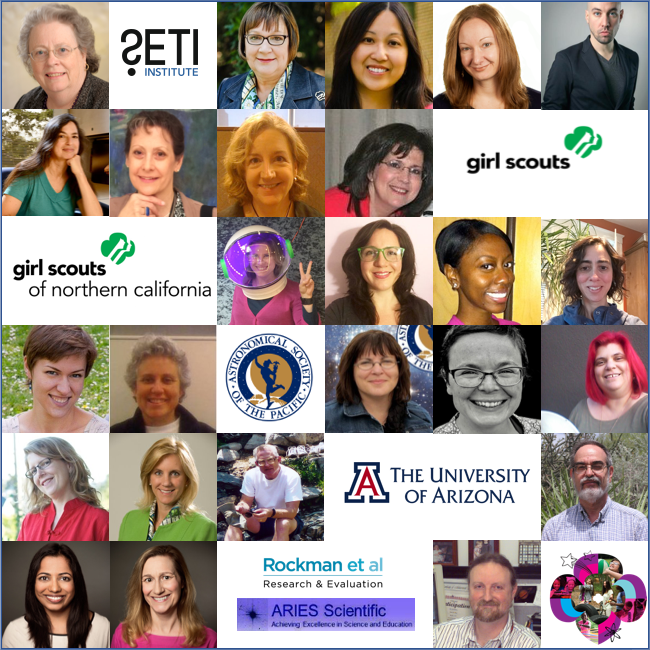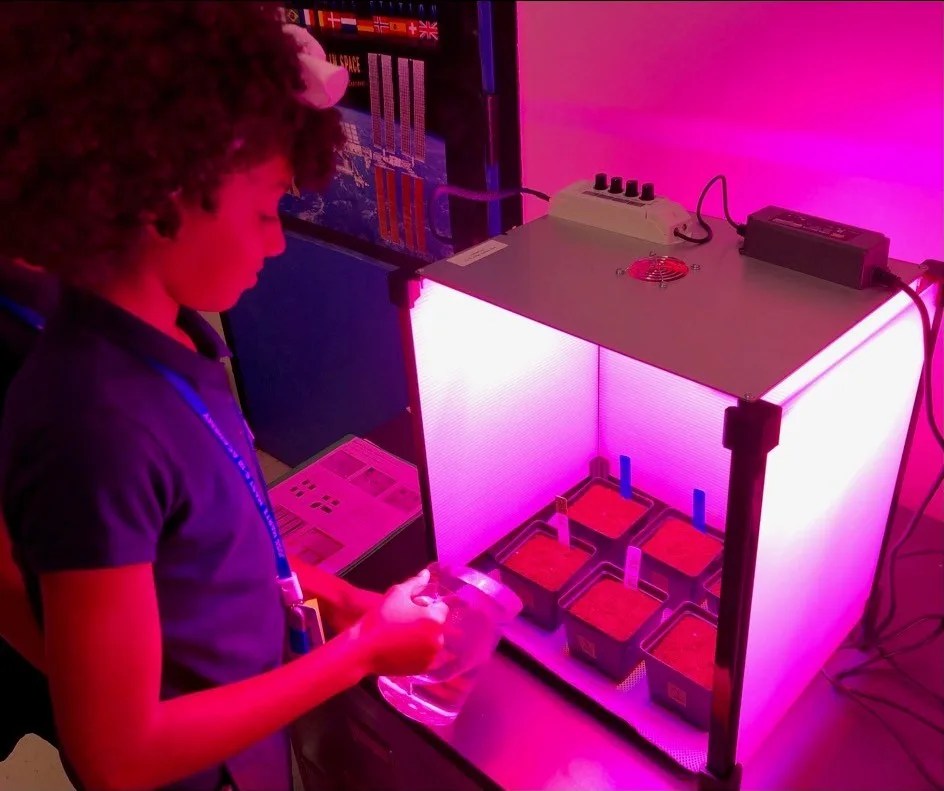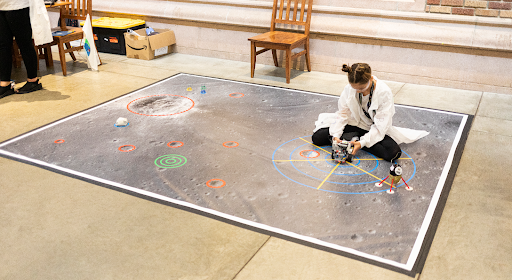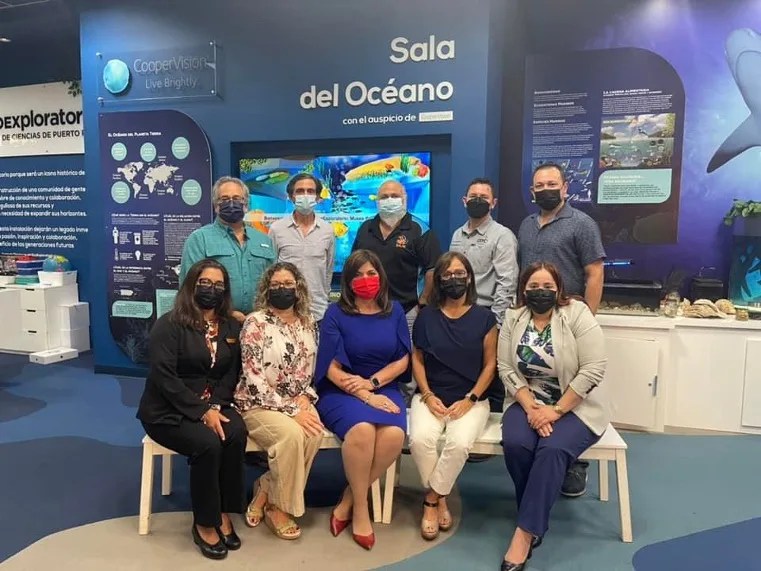NIFTY
Providing opportunities for youth to interact with & learn from NASA STEM professional.
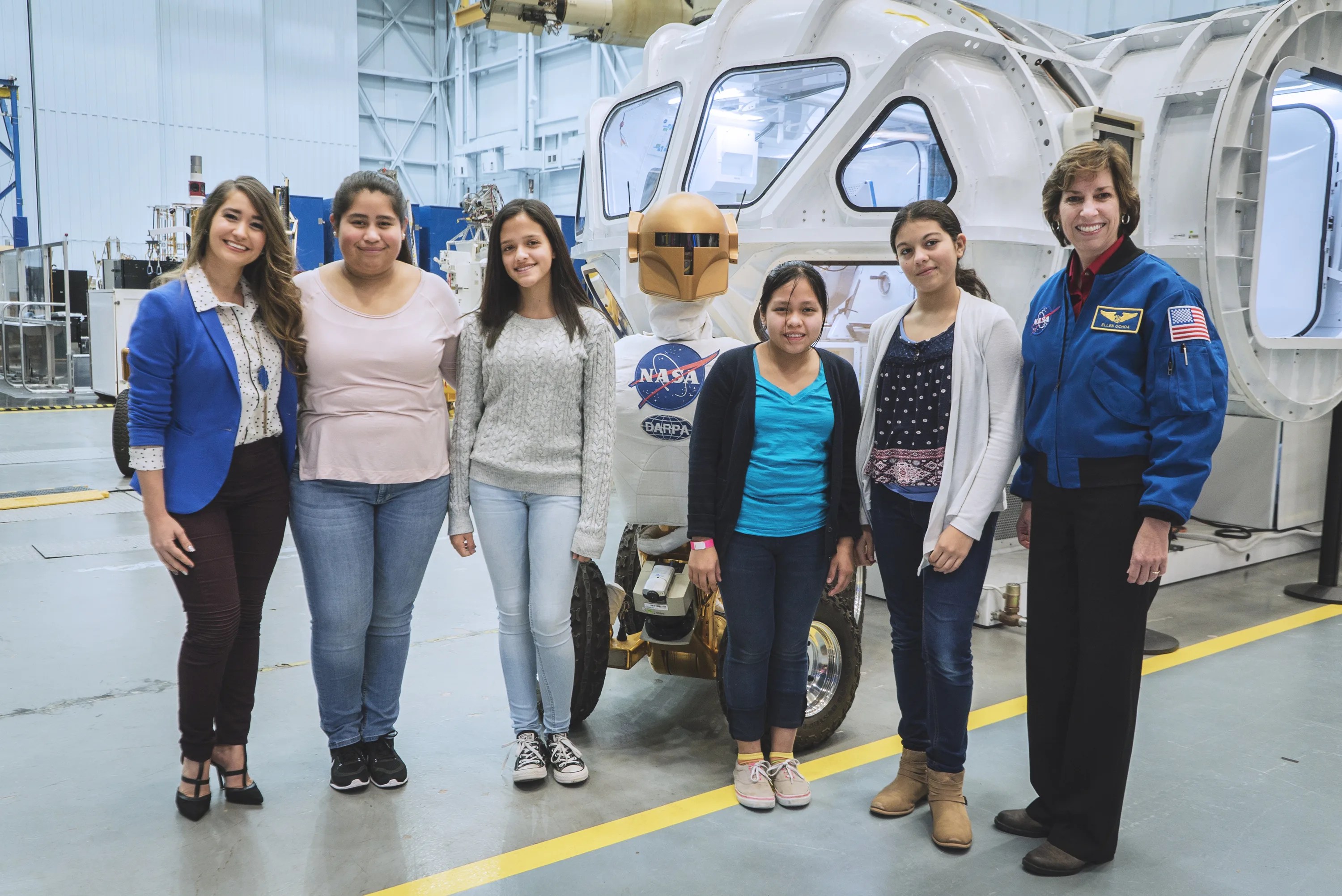

Team Mission
NASA Inspires Futures for Tomorrow’s Youth (NIFTY) is led by Twin Cities PBS in partnership with the National Girls Collaborative, the Space Science Institute and the NASA Langley Research Center designed to broaden youth participation in STEM studies by providing opportunities for youth to interact with and learn from NASA STEM professionals. NASA role models will help youth to learn about NASA missions and careers and provide personal sources of inspiration.
Research shows that youth’s interest in STEM declines during and before middle school, especially for youth of color and for girls. Given the importance of diverse representation in the STEM pipeline and NASA careers, we must provide opportunities for youth STEM professionals to meet and engage with role models who look like them.
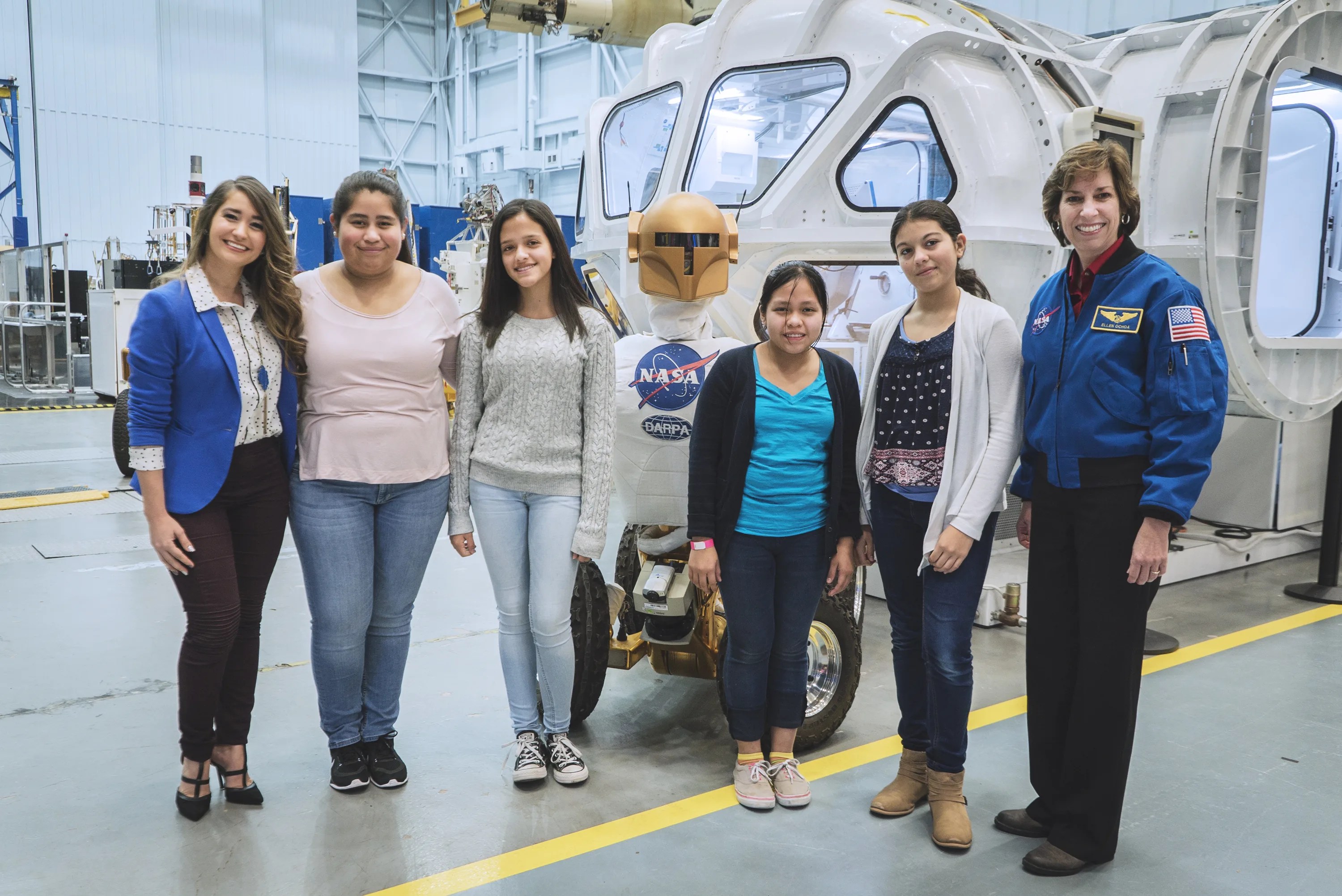
Rita Karl
PI, Twin Cities PBS
What does your team hope to achieve?
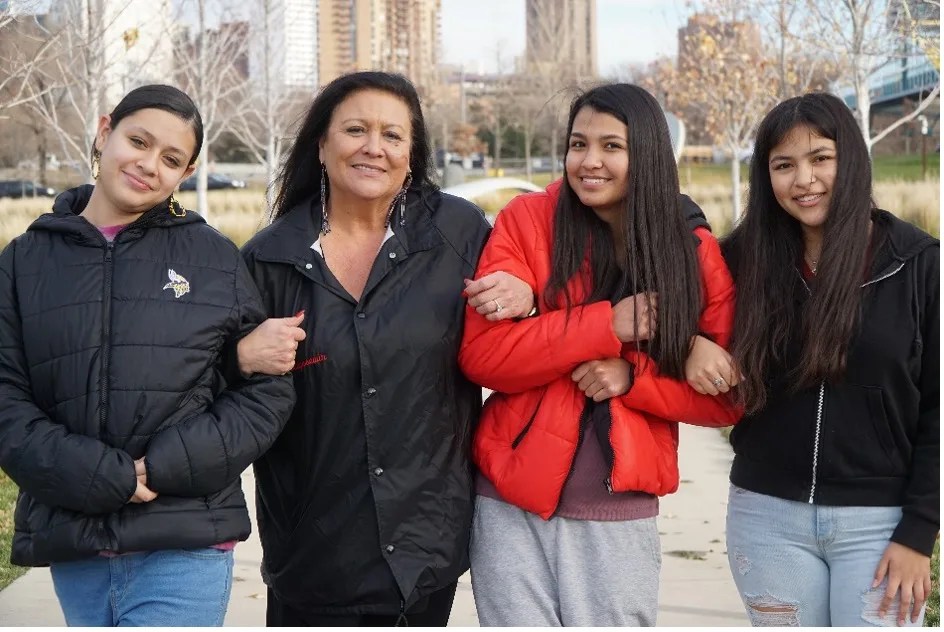
NASA Inspires Futures for Tomorrow’s Youth (NIFTY) will prepare 100 NASA STEM professionals to use research-based gender equitable and culturally responsive practices to encourage youth (ages 9-14) to engage in STEM studies and NASA career pathways. The project has a strong focus on engaging more underrepresented youth, including girls and Black, Latinx, and Indigenous youth in STEM. Trained NASA professionals will act as role models within 50 STEM programs in the national networks of SciGirls (6,000 educators), the Space Science Institute’s STAR Library Network, STAR Net (8,000 libraries), and the National Girls Collaborative (40,000 educators).
Check out SciGirls research-based gender equitable instructional strategies and best practices for role models!
Publications
Twin Cities Public Television (2023). Role Model Strategies: Encouraging Youth to Consider STEM Careers
Twin Cities Public Television (2019). SciGirls strategies: How to engage girls in STEM.
Twin Cities Public Television (2013). SciGirls role model strategies: Encouraging girls to consider STEM careers.

